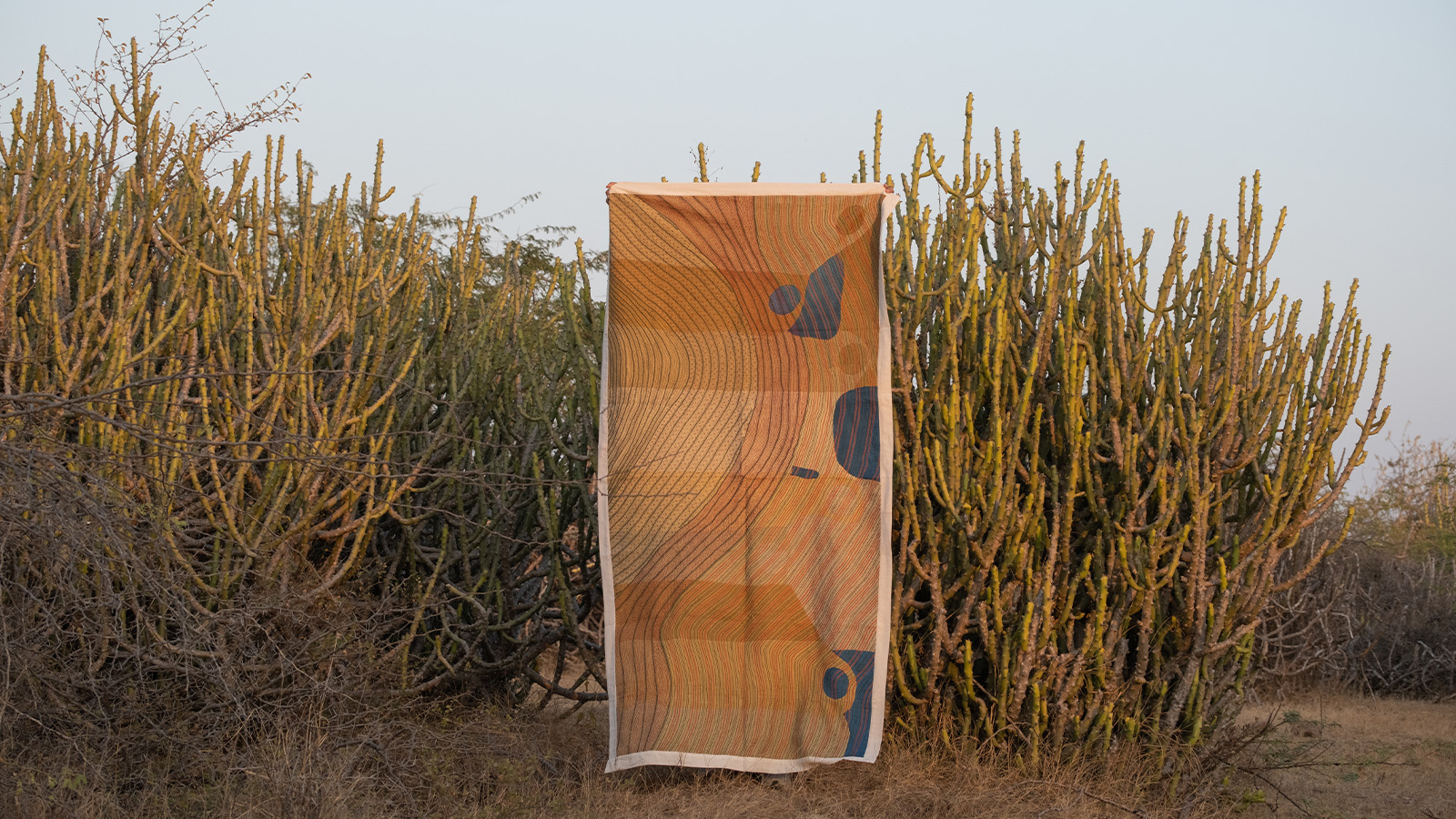
As the world’s fifth-largest and fastest-growing major economy, with trillions of dollars going into infrastructure projects across the country, India is a place where the design and architecture industry is set to grow and grow. Capturing and reflecting some of that excitement and need and providing a place for international retailers to find Indian design talent are just some of the reasons for the launch of Design Mumbai, a brand-new international trade event for design, architecture and interiors.
Another is providing opportunities within India for the growing number of design practitioners to meet relevant creative and business partners. 'Many Indian designers can’t afford to travel to Salone del Mobile, Maison Objet or ICFF,' says designer and brand owner Piyush Suri, who is co-founder of Design Mumbai alongside design show heavyweights Ian Rudge and Michael Dynan. 'So the idea is to create a show in India where more designers can be seen on the same platform as international designers.'
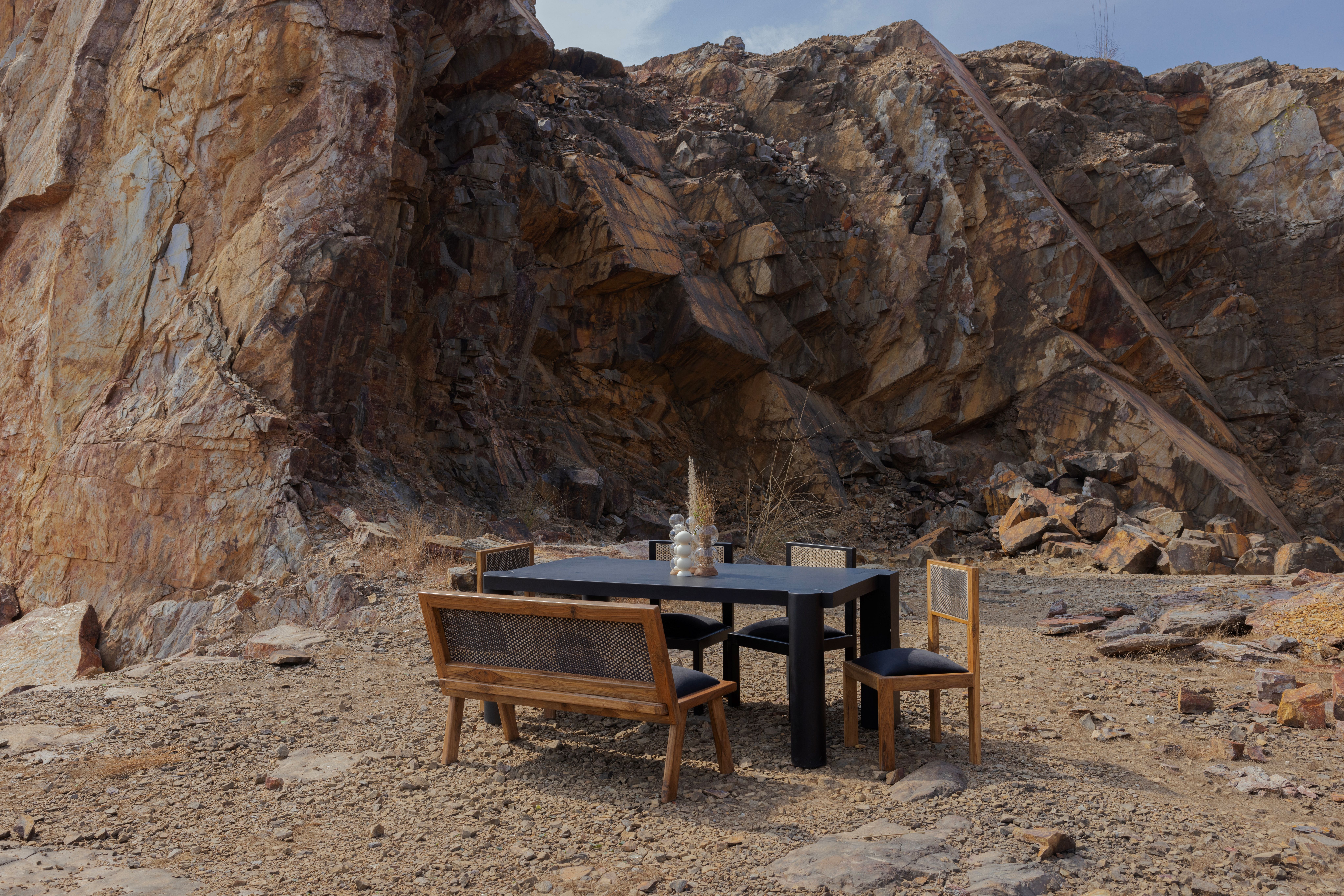
The first edition of Design Mumbai lands in the country’s largest city on 6 November and will show the work of at least 100 international and Indian brands. Local participation will be high, with at least 40 per cent of exhibitors being homegrown talents. Names such as Andblack Studio, LOCO Design, FAZO Project, Morii Design, Objectry, Esvee Atelier, Shailesh Rajput Studio, Ek Kalakaar Designs, Josmo Studio and Studio SAAR will be on the roster, alongside international brands and designers such as Poltrona Frau, VitrA, Michael Young, Zaha Hadid Design and the likes of Hay, &Tradition, Catellani & Smith through local dealers. As well as exhibitors, there will be a comprehensive talks programme exploring everything from play in design to Mumbai’s major infrastructure projects and several eye-catching installations by Indian and international designers dotted across the Jio World Garden venue where the event is due to take place.
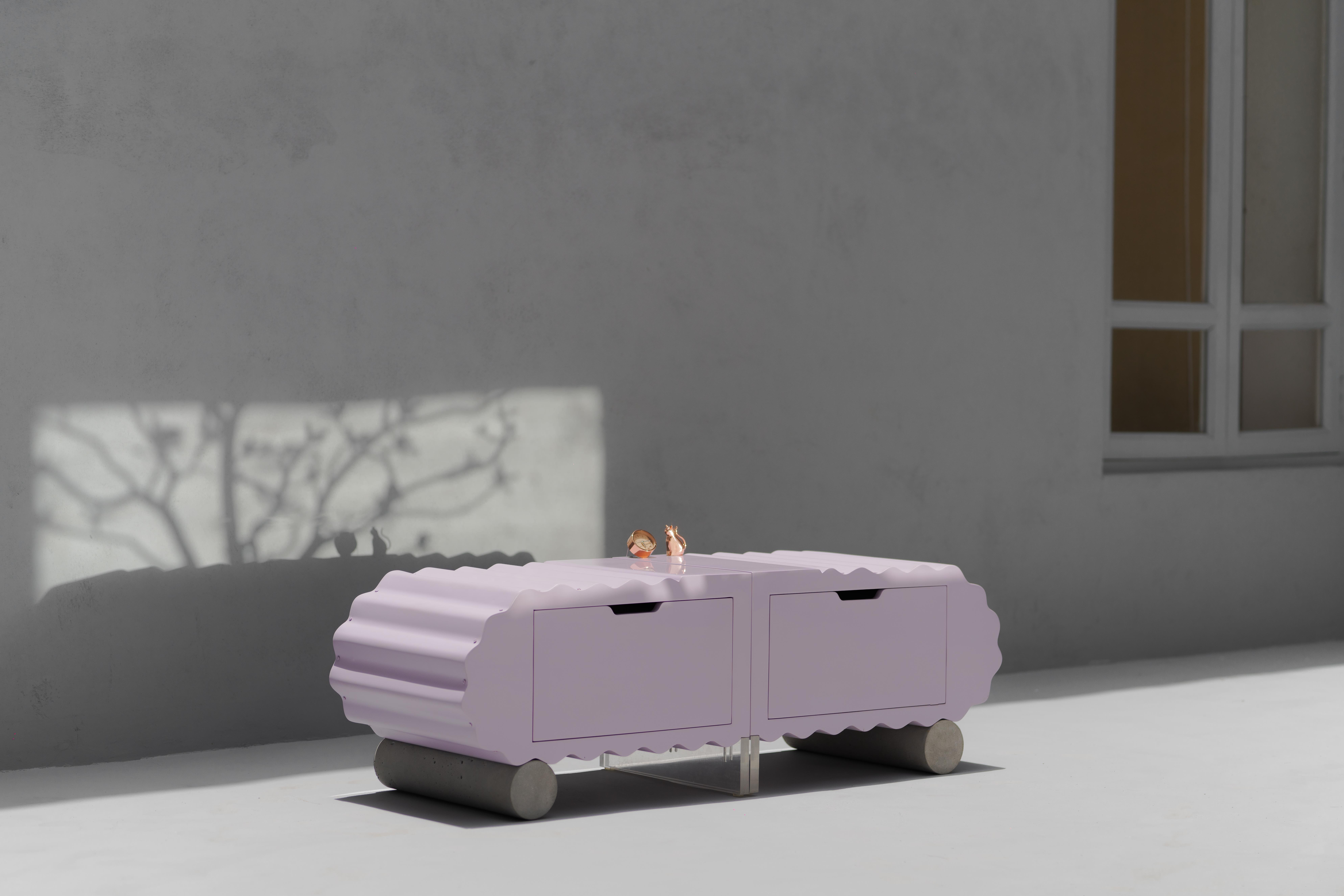
The artisanal and handmade will feature heavily in the fair given India’s rich and storied heritage of craftsmanship and highly specialised craft clusters, but visitors will also see a whole other less-known side of Indian design. Suri speaks of a shift in India over the past ten years, a new simplicity and minimalist approach in the field and a 'generation of new designers who still reference their Indian context but think less is more'.
Below are a few selected highlights.
What to see at Design Mumbai 2024
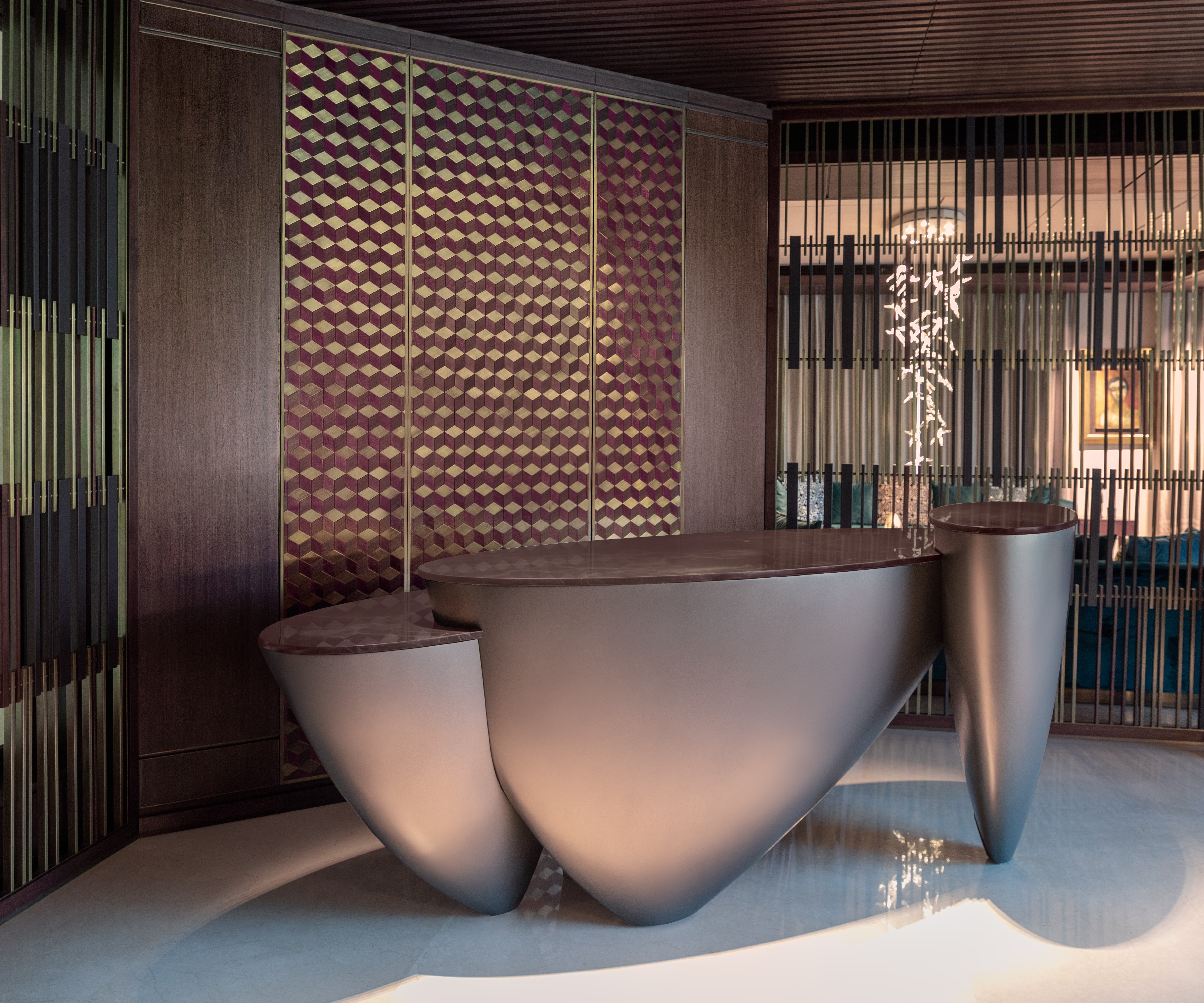
Many Indian designers have embraced a new minimalist aesthetic in their work, says Suri, which distils the complexity of Indian society, culture and design into highly contemporary offerings. Expect clean lines and striking forms, as well as a skilful combining of technology and more traditional making methods.
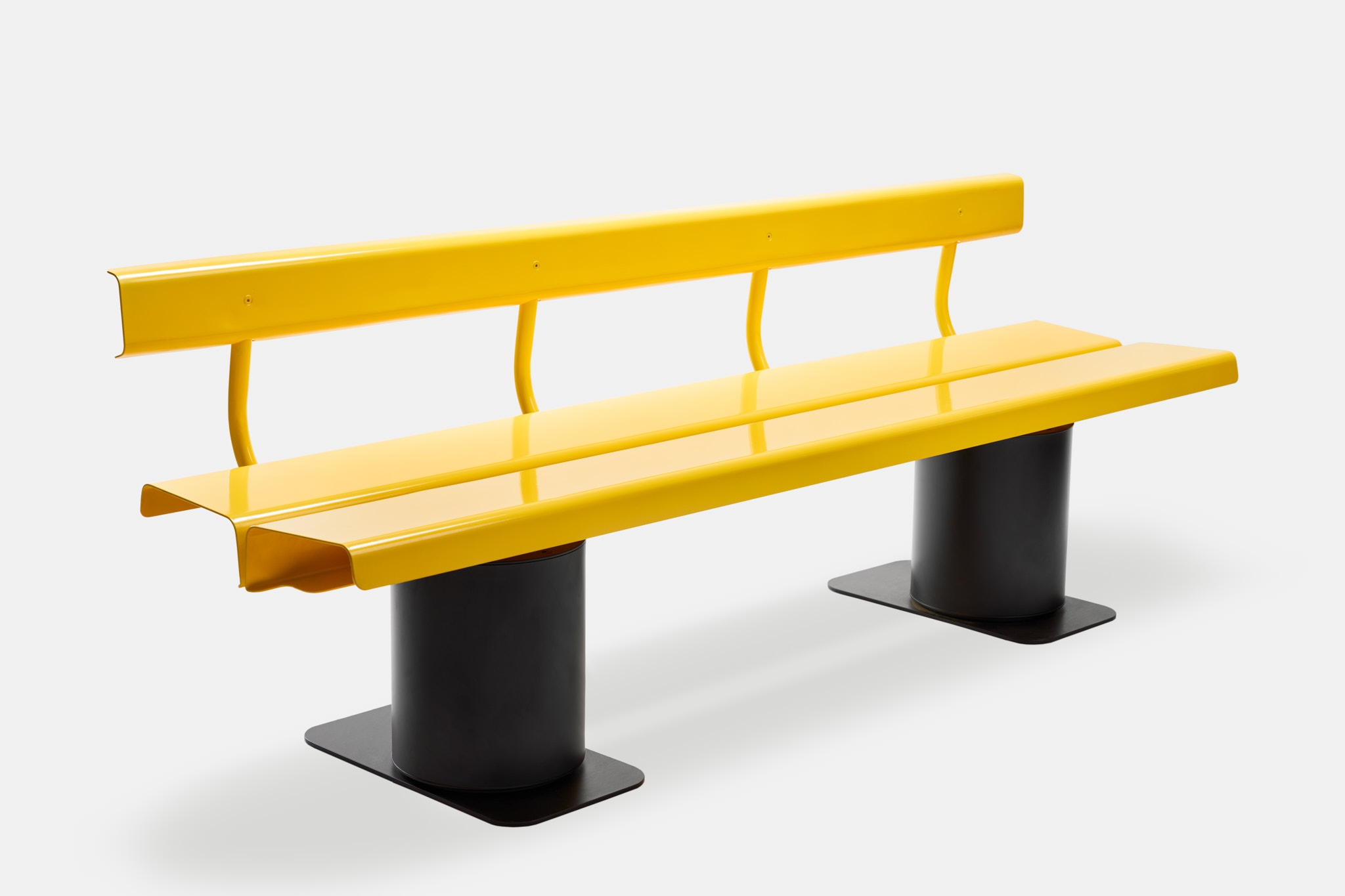
Ahmedabad-based Andblack is known for its curved wooden furniture objects that combine technology, vernacular wood carving techniques and organic forms. LOCO Design, an interdisciplinary company with three umbrella brands that span furniture, lighting and home accessories, represents the perfect melding ‘of heritage craftsmanship and technology’ according to Suri. The brand will launch the ‘Arched’ table, part of its growing sculptural ‘LOOP’ collection, and present its recently completed ‘Scoop’ console. Industrial Playground is a brand helmed by multidisciplinary designer Ajay Shah that works closely with manufacturers across India to create alluring contemporary metal furniture pieces that play with colour and form.
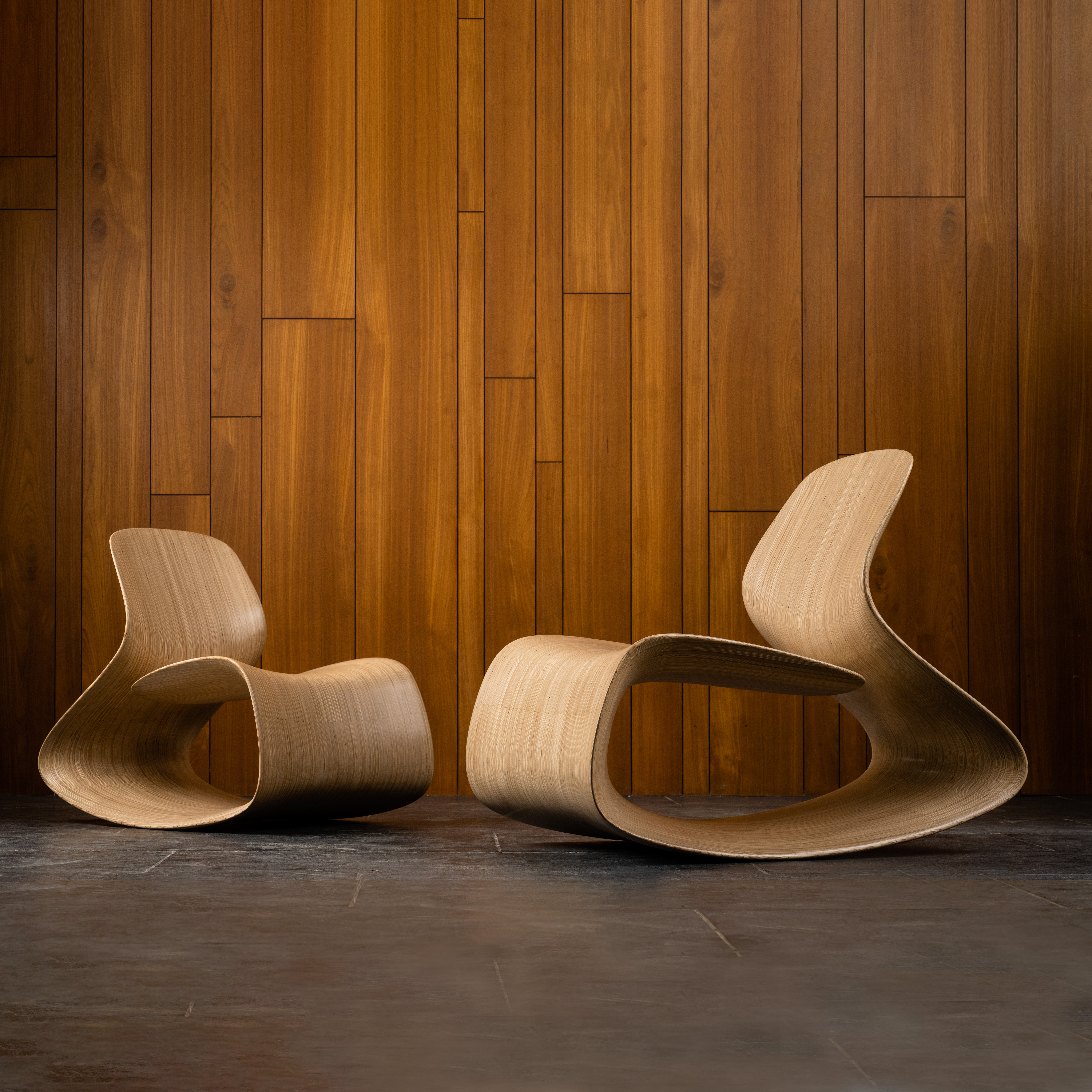
Textile studio Morii Design is known for undertaking considered and inspiring projects in collaboration with artisans and craft communities across the country. The practice will show two pieces hand-embroidered in Bihar, eastern India; one features a beautiful foliage design, the other is a statement piece that highlights how rural India can inspire the world with its unmatched skills and craftsmanship. The studio will also present one of the largest hand-embroidered pieces it has ever made, which has taken around eight months to complete and will be ready just in time for the event. It is part of a new direction the studio is exploring, involving 3D topographies brought to life by artisans from the nomadic pastoral Rabari community in villages of Kutch in Gujarat in Western India.
‘Mumbai is changing, in a good way’
Piyush Suri, co-founder of Design Mumbai
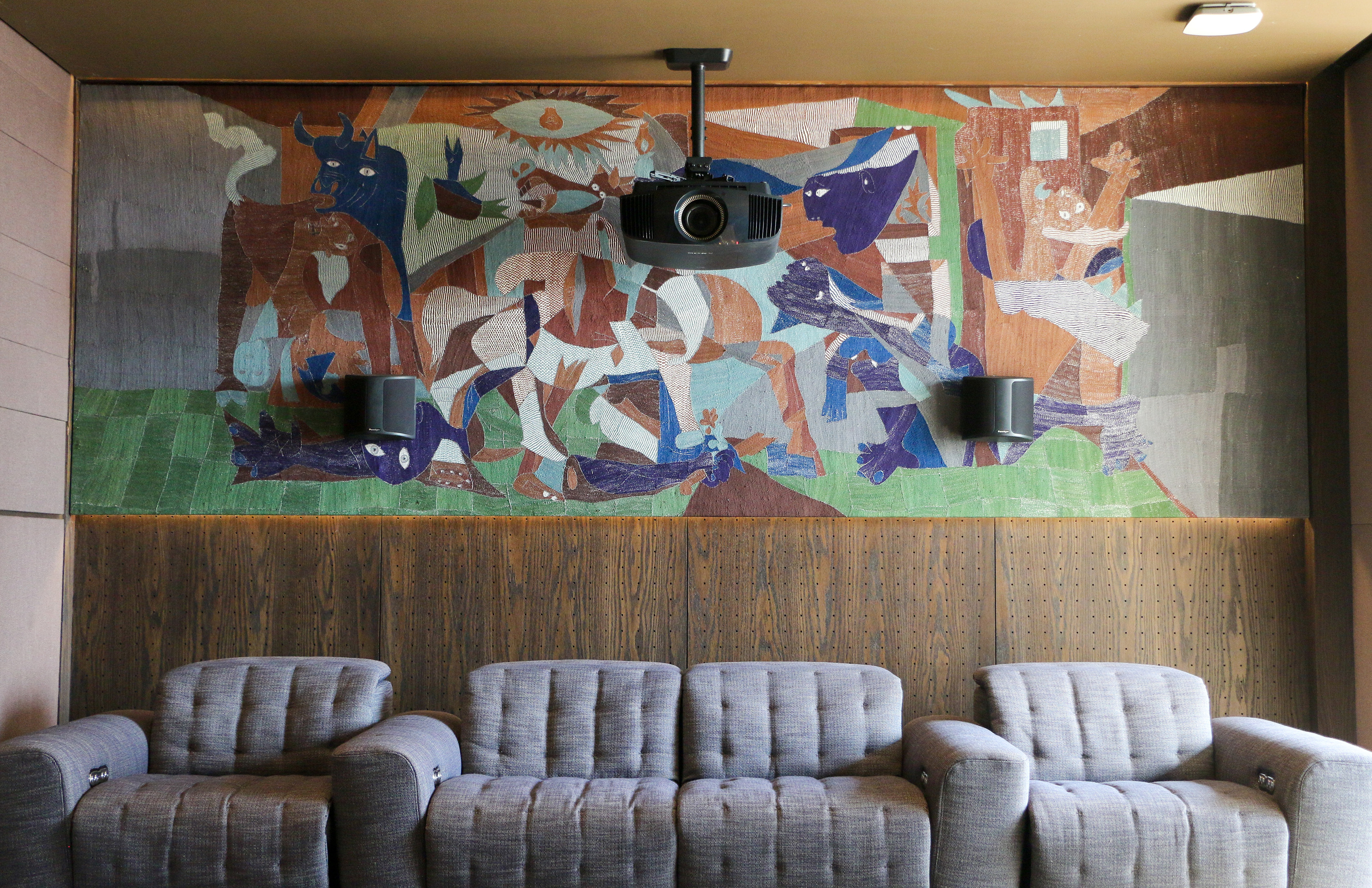
Somerset- and Udaipur-based architecture practice Studio SAAR has created a beautiful outdoor pavilion and seating area for Design Mumbai that is one of several feature spaces dotted around the fair. Over 200 sq m in size, it will be composed of 33 hand-carved Jodhpur stone benches and a steel-framed canopy of lilies with petals made of traditional Indian cotton hand-stitched and, in one case, hand-dyed with natural pigments. The ‘lilies’ will be interspersed with Franpani and native Ficus trees and the forest-type space, called Srivan (a forest of prosperity in Ancient India), will be illuminated at night and provide shade in the day. 'About 200 craftsmen have worked on it, from tailors to steel workers to stone masons,' explains Ananya Singhal, co-founder of Studio SAAR, 'and about 20 trucks’ worth of material is going to leave Udaipur for Mumbai for the build.' Even better, every part of the installation will have an afterlife; the trees will go to schools in Maharashtra, the rest to an exhibition and as 'permanent outdoor canopies for three different factories'.
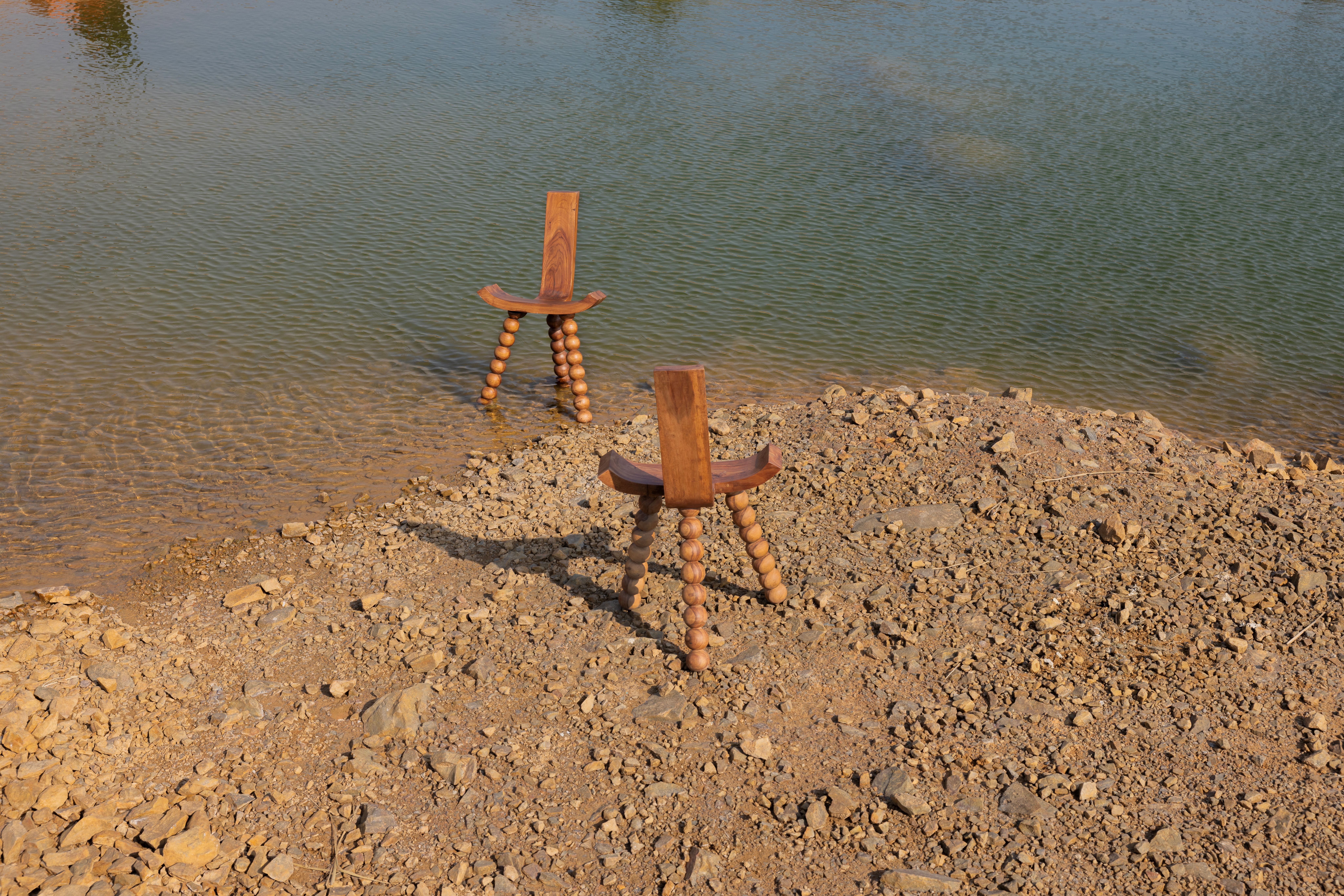
Making the case for reinvigorating craft through contemporary designs, colours and, in some cases, technology at Design Mumbai are several brands, including Andblack design studio, Objectry (a studio known for handmade utilitarian pieces), FAZO Project (a brother and sister duo who create modern carpets using old weaving techniques and skilled artisans in Uttar Pradesh) and Wicker Story. Founded by Priyanka Narula, an architect by training, the last’s sculptural pieces amalgamate craft and parametric design and put firmly to bed any idea that cane or rattan furniture is tired or passé. Narula’s geometric ‘Lifafa’ chair is a contemporary design classic and her use of colour gradients in many works is inspired. The Hyderabad-based studio's often expansive installations and pieces are made using a zero-waste production methodology. Wicker Story is also one of many brands present at the show helmed by a woman.

Several so-called feature spaces across Design Mumbai will provide moments of surprise and delight. One such installation is a 14m-long entrance tunnel combining sound and light, by Berlin-based interaction and sound design studio Kling Klang Klong, that will welcome visitors as they arrive. Elsewhere Swedish artist Joanna Bodzek has created a space in collaboration with eco paints brand JSW that will explore the concept of Navarasa, the nine emotions that capture the essence of human experience, using nine shades of pink. In a world where phenomena such as AI, war and environmental degradation make the future quite uncertain, says Suri, the tagline for the piece is ‘the only thing I know is how I feel’. Pink as a colour will be used and referenced across the venue and event, he continues, because it represents 'passion, compassion and warmth. It can be light, subtle but also dark, intense and full of energy'.
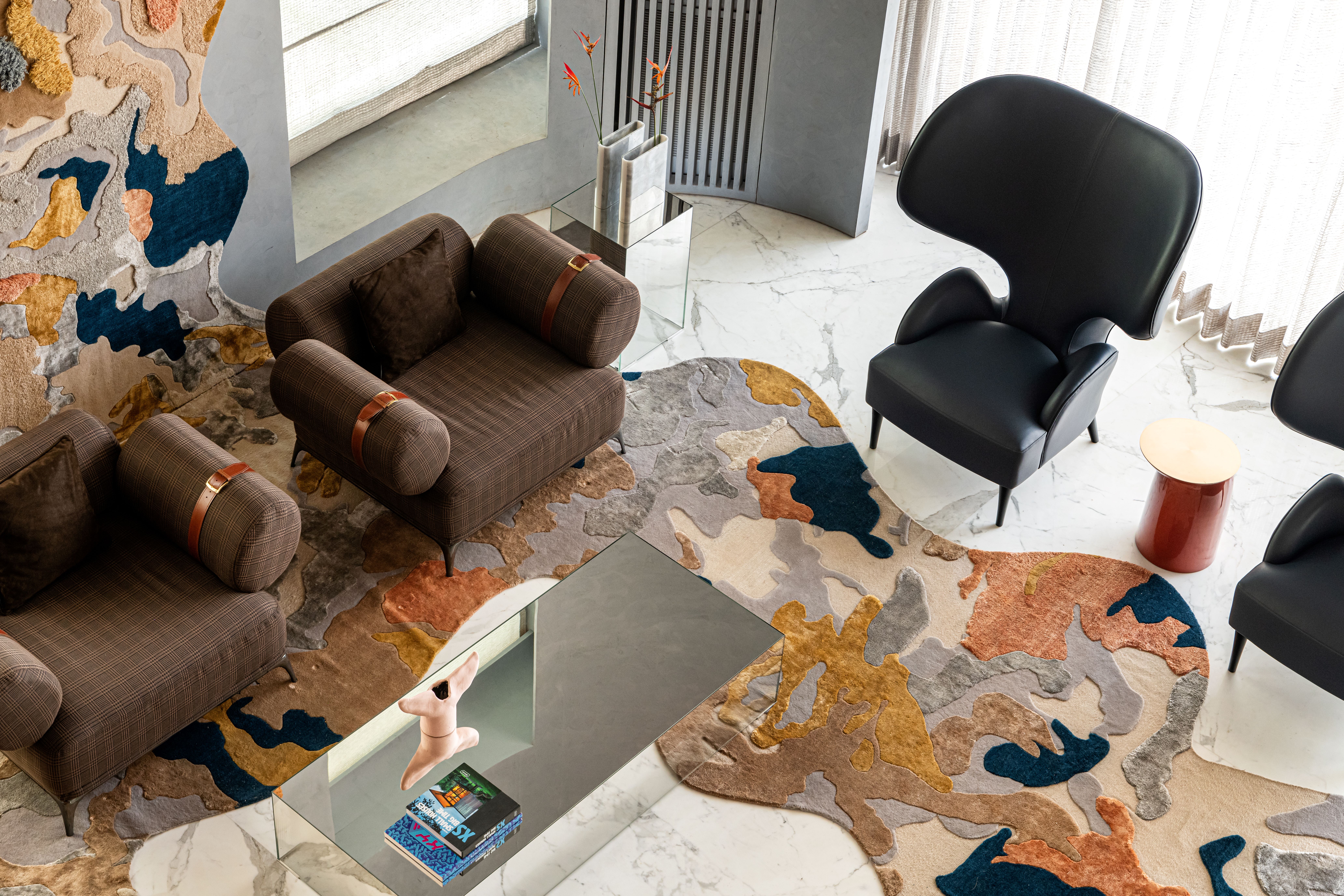
A talks programme includes sessions on lighting design, the use and power of colour in design, circularity, reinvigorating crafts with modern technology and the wide-ranging influence of Indian architect and urban planner Charles Correa, in particular in terms of his famous maxim ‘form follows climate’. Another highlight will be two sessions led by local creative agency Eztablish that will explore the future of Mumbai. One will be dedicated to massive infrastructure and other mega projects afoot in Mumbai, such as the Metro and Coastal Road; the other will explore how the city and its surrounding regions should be transformed and developed. 'Mumbai is known as a place of extremes, where slums and large towers, rich and poor coexist but there is a lot of work underway to eradicate poverty,' says Suri. 'Mumbai is changing, in a good way.'
Design Mumbai runs from 6-9 November 2024 at Jio World Garden Mumbai
design-mumbai.com







